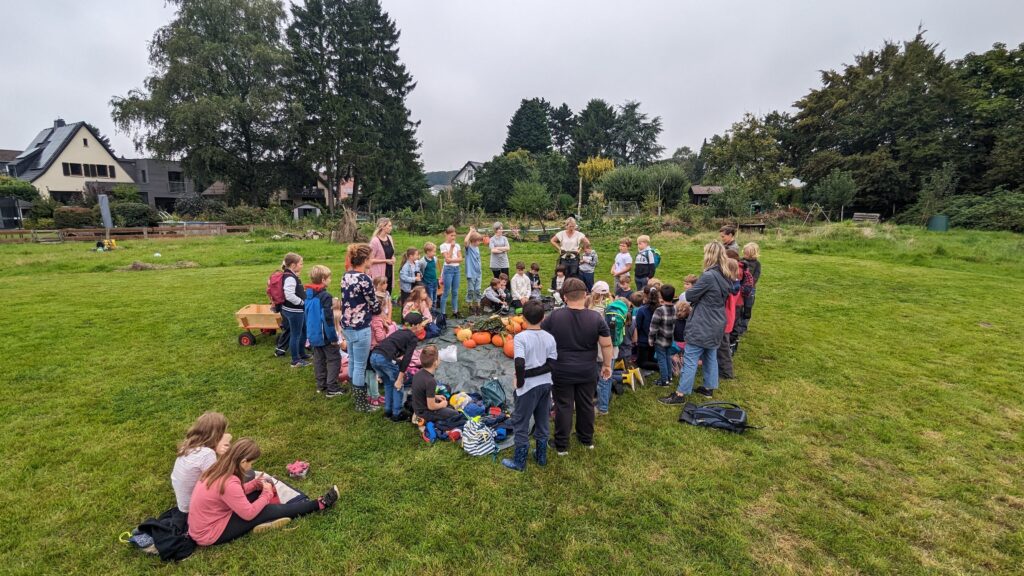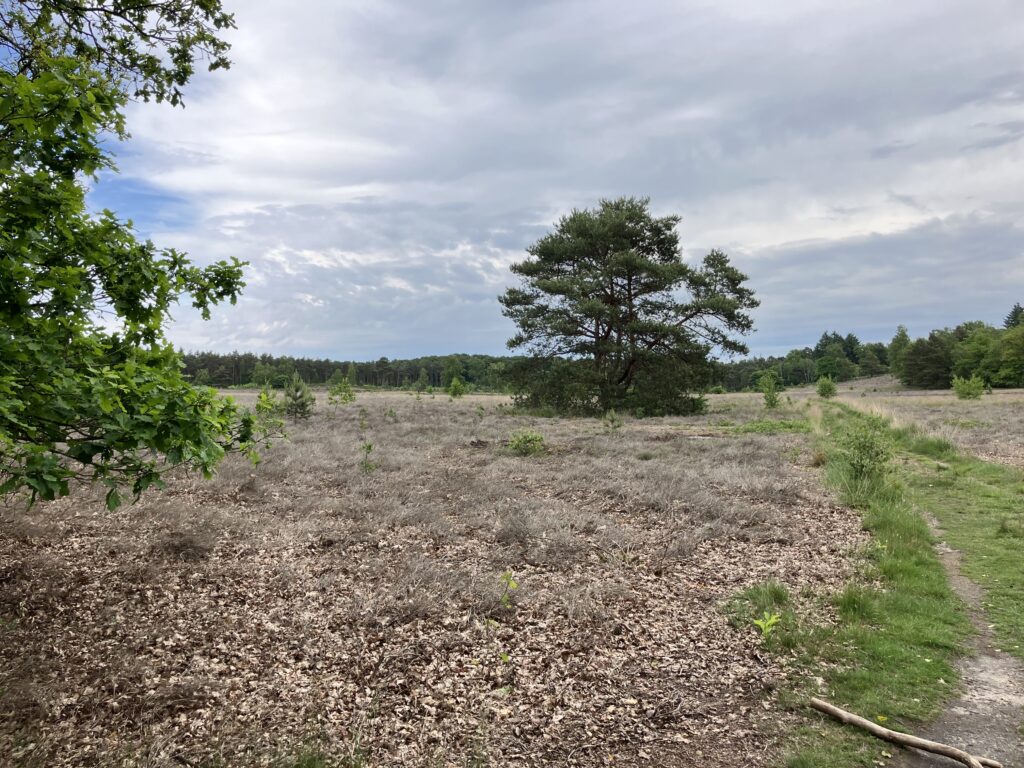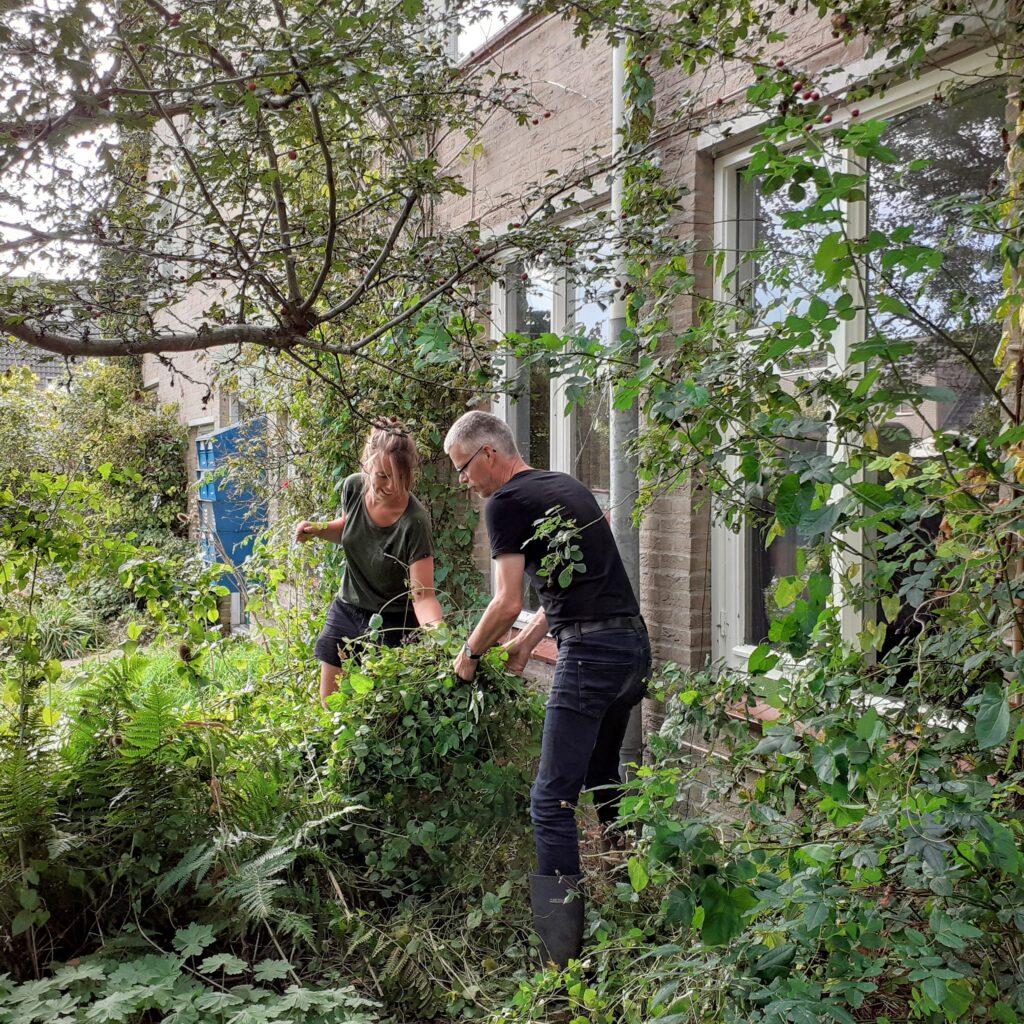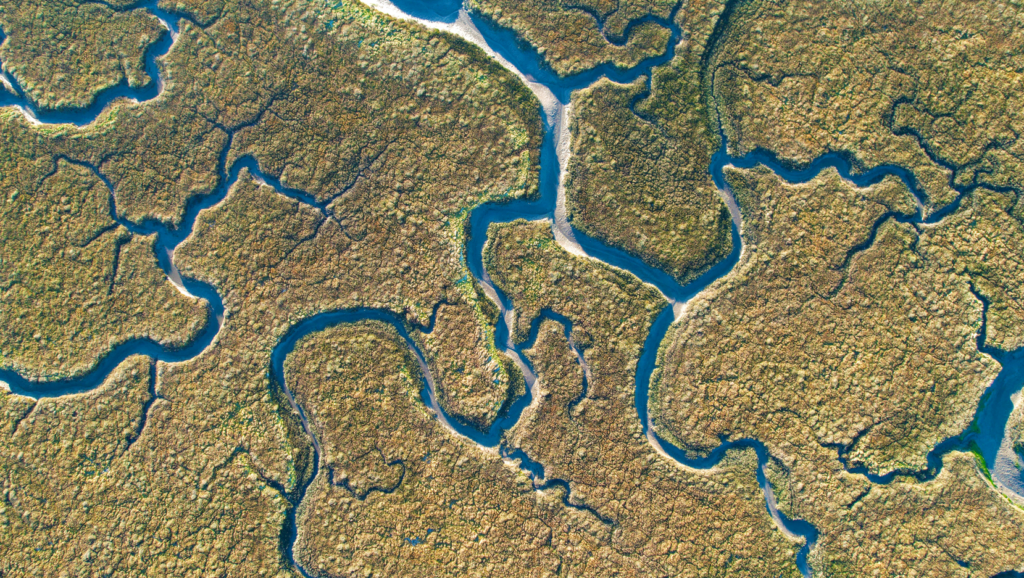The EU and tropical deforestation
The loss of tropical forests is often in the news. We see pictures of barren land next to forest, of chainsaws, of bulldozers. Depressing images. These new items generate frustration and anger, among politicians, conservationists, scientists and many more. We are frustrated by the loss of ecosystems that are so vastly diverse, that generate rainfall […]
The EU and tropical deforestation Read More »



